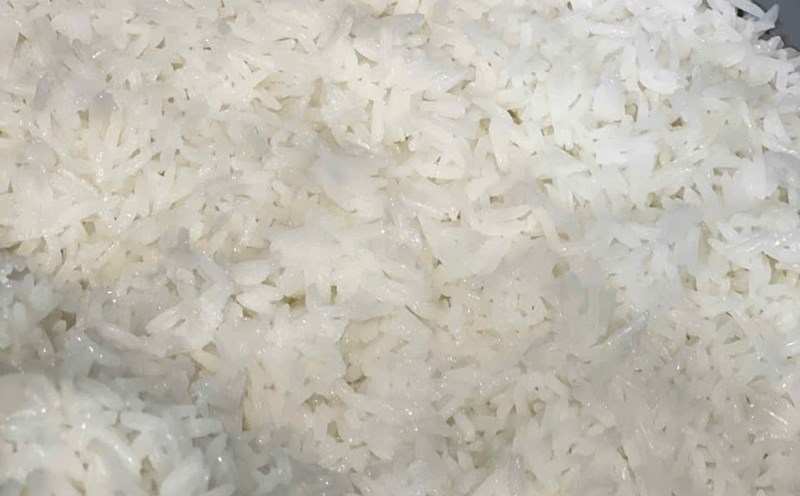Cranberry juice: Is one of the drinks that are highly appreciated by the medical community for protecting the urinary tract, an organ closely related to kidney function.
Dr. Amy Howell, a researcher at the Rutgers Center for Agricultural Sciences (USA), said that the compounds proanthocyanidins in cranberries can prevent bacteria from sticking to the walls of the bladder and urethra, thereby reducing the risk of inflammation - a dangerous factor that can damage the kidneys if prolonged.
In particular, people with a history of recurrent urinary tract infection or kidney stones caused by bacteria should add unsweetened cranberry juice (in its pure form) to their diet, with a daily intake of 150-200ml.
Celery juice: Celery is rich in potassium, vitamin C and anti-inflammatory compounds such as apigenin, which have natural diuretic effects and support electrolyte balance.
Drinking celery juice not only helps eliminate salt and toxins accumulated in the blood but also supports blood pressure control, the leading cause of chronic kidney failure.
Celery has the ability to gently stimulate urinary tract without causing dehydration or electrolyte disorders. This is a good choice for people with signs of water retention, edema or poor kidney function.
When squeezing celery, combine it with a little green apple or lemon to make it easier to drink and increase antioxidant effects.
Dandelion root tea: A herb used in traditional European and Asian medicine to support the liver, kidneys and digestive system. Dandelion root tea has a mild diuretic effect, promoting the filtering of blood through the kidney and helping to reduce water retention in tissues.
Warm lemon water: A cup of warm lemon water in the morning not only helps keep you alert but is also beneficial for kidney health. Citric acid in lemons has the ability to bind to calcium, reducing the formation of oxalate stones - the most common type of stone in people with kidney dysfunction.
Drinking warm lemon water regularly can increase citrate levels in urine, which prevents crystallization and stone formation. At the same time, lemon water helps slightly alcalimize urine, reducing pressure on the excretion system.
However, thin lemon juice should be taken after eating to avoid affecting the stomach, especially for people with digestive problems.











